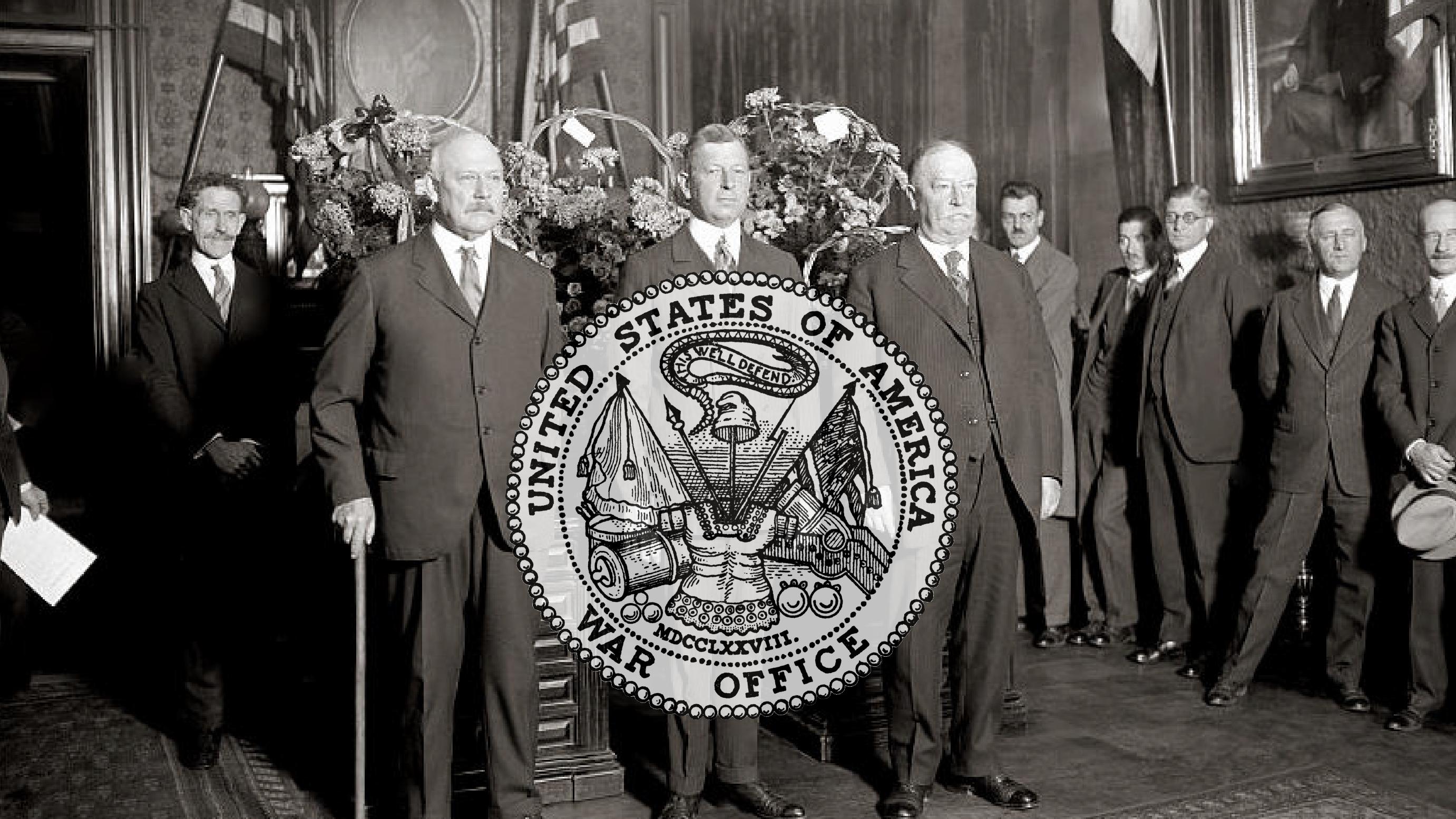NEW VA POLICY CHANGES COULD AFFECT YOUR CARE: 5 THINGS EVERY VETERAN MUST KNOW

Veterans across the country are raising questions—and concerns—after recent changes to the Department of Veterans Affairs (VA) medical staff bylaws. While the VA insists your rights are still protected, some of the edits have sparked confusion about what exactly is changing—and what it means for your care.
Here are the top 5 things you need to know about these policy shifts, explained clearly and directly for those who rely on VA healthcare.
1. The VA Removed Explicit Anti-Discrimination Protections in Staff Bylaws
In early 2025, the VA quietly revised the medical staff bylaws used by healthcare professionals—including doctors, psychologists, and therapists. Previously, the bylaws included a clear list of characteristics that staff could not discriminate against, such as:
- Marital status
- Political affiliation
- National origin
- Gender identity and sexual orientation
The new language removes most of those specific terms and replaces them with a more general statement: providers must not discriminate based on “any legally protected status,” listing only a few examples like race, color, religion, sex, and prior protected activity.
2. Federal Protections Still Exist—But You May Have to Assert Them
Although the VA removed certain terms from internal bylaws, federal laws and VA-wide nondiscrimination policies remain in place. Title 38 of the U.S. Code, along with VA Directive 1019, still prohibit discrimination based on:
- Political beliefs
- Marital status
- Gender identity or sexual orientation
- Disability
- Veteran status itself
However, since these protections are no longer spelled out in the medical staff’s operational guidelines, there’s concern that individual providers may misunderstand—or ignore—what’s protected.

3. The Risk: Ambiguity Can Lead to Discrimination in Practice
While no evidence has surfaced that Veterans are being systematically denied care, advocates warn that the new language opens the door to individual bias.
“If a provider believes they can refuse care based on political views or marital status because it's not explicitly written anymore, Veterans may be left vulnerable,” said one VA ethics advisor.
For example:
- Could a provider refuse treatment to an unmarried LGBTQ+ Veteran?
- Could political affiliation be used as a reason to withhold mental health services?
- What happens if a provider’s “conscience” conflicts with your personal background?
These are no longer hypothetical questions.
4. The VA Says Nothing Has Changed—But Oversight Is Lacking
The VA leadership insists that the changes are “administrative only” and that no Veteran will be denied medically necessary care based on political or personal factors.
Yet, the move came after a January 2025 executive order that gave government employees broader leeway for “conscience-based objections.”
There’s no evidence of a new enforcement mechanism or oversight process to ensure these rewritten bylaws aren't abused.
Translation: You may still be protected—but it’s not as easy to point to the rulebook anymore.
5. You Have Power: Here’s What You Can Do
Veterans are never powerless—especially when it comes to protecting your right to health care. Here are steps you can take:
- Know Your Rights: You’re still protected under federal law and VA Directive 1019.
2. Document Everything: If you suspect biased treatment or refusal of care, request a copy of your visit notes and document what happened.
3. Report Violations:
- File a complaint with the VA Office of Resolution Management
- Contact your VA Patient Advocate
- Reach out to national advocacy groups (e.g., IAVA, ACLU, or Vietnam Veterans of America)
4. Ask Questions: Don’t hesitate to ask your provider or facility admin whether your local bylaws still include full protections. Some VA centers—like Palo Alto—have already restored stronger language after public feedback.
Stay Vigilant, Stay Vocal
This is your VA. You earned this care through service and sacrifice. While the policy change doesn’t officially reduce your rights, it does introduce uncertainty—especially at a time when trust and transparency are more important than ever.
You are your own best advocate. Speak up. Ask questions. Know your rights. And hold the VA accountable.
Your rights don’t end when policies change behind closed doors. If you believe your treatment was influenced by bias, denial, or discrimination—based on your marital status, political views, gender identity, or anything else—you don’t have to face it alone. Here’s what to do:

Immediate Actions You Can Take
Request to Speak With a VA Patient Advocate
- Every VA Medical Center has a Patient Advocate who can help resolve concerns and elevate them if needed.
- Find yours here: www.va.gov/find-locations
Report Discrimination or Care Denial
- File a formal complaint with the VA’s Office of Resolution Management, Diversity & Inclusion (ORMDI): https://www.orm.va.gov
- Or call the ORMDI Helpline: 1-888-566-3982
Get Help from a Veteran Service Organization (VSO)
- These national VSOs offer support, legal guidance, and advocacy:
Reach Out to the VA Inspector General
- To report misconduct, mistreatment, or systemic discrimination: www.va.gov/oig
Know Your Legal Rights
- Consult with the ACLU Veterans' Rights Project or Legal Aid offices in your state.
- Many state bar associations offer free legal clinics for Veterans.
Your Voice Matters
If you’ve experienced or witnessed discrimination at the VA, your story could help spark oversight, policy reform, and accountability. Speak out—whether through formal complaints, public testimony, or trusted advocacy organizations.
Suggested reads:



